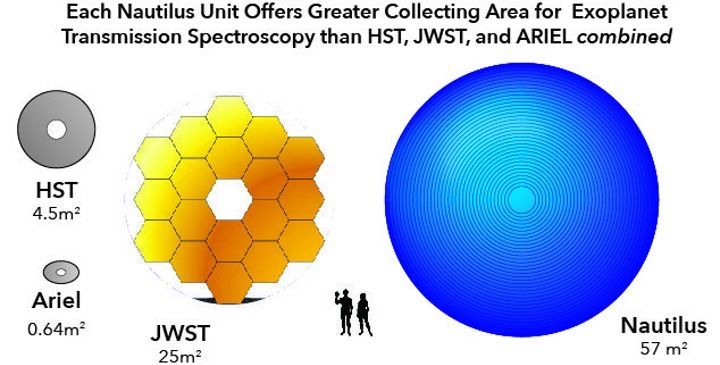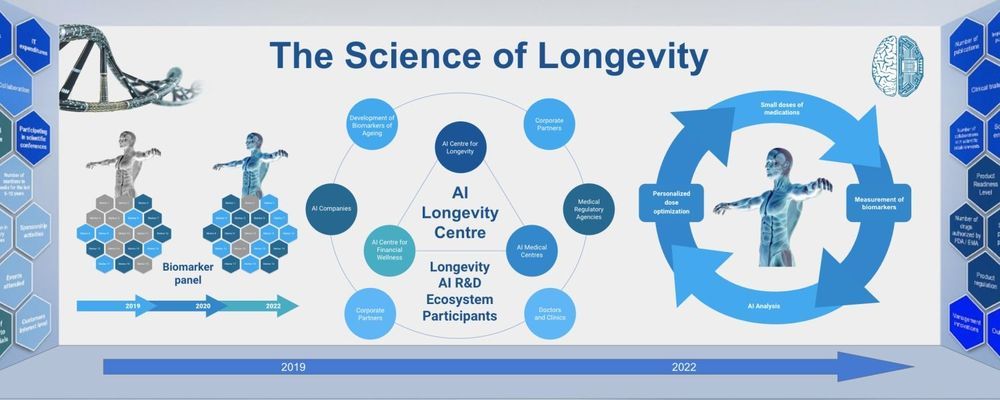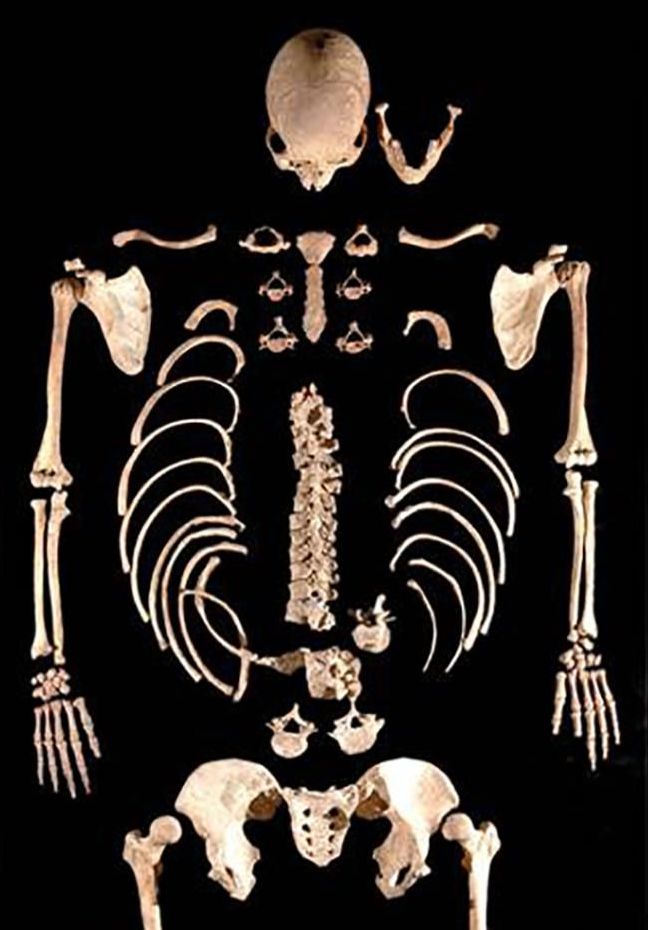Aug 5, 2019
Beijing is prepping for a massacre in Hong Kong: time for the West to put human rights ahead of free trade
Posted by Quinn Sena in category: economics
After eight weeks of huge Hong Kong street protests against Beijing’s rule, the People’s Republic is massing police and soldiers just across the border. Message: If the protesters don’t quit, a bloodbath is coming.
Beijing has also started denouncing the protests as the work of American provocateurs. That’s so the regime can paint its Tiananmen Square-style crackdown as a battle against “foreign influence,” not a smashing of Chinese people who decided all on their own that they’d rather be free.
A quarter-century ago, the West wagered that welcoming China into the world economy would seduce the Communist Party into allowing ever-more freedom. That bet’s been lost.


















